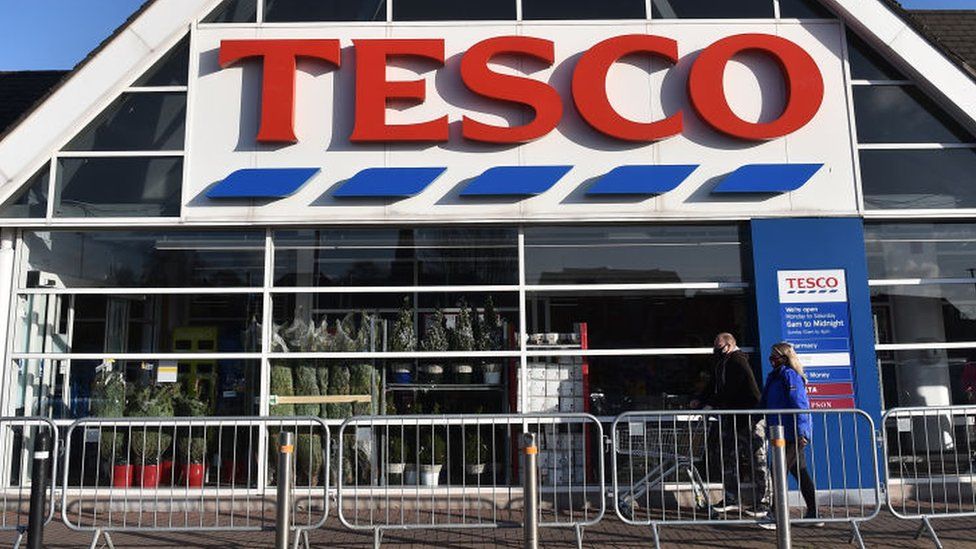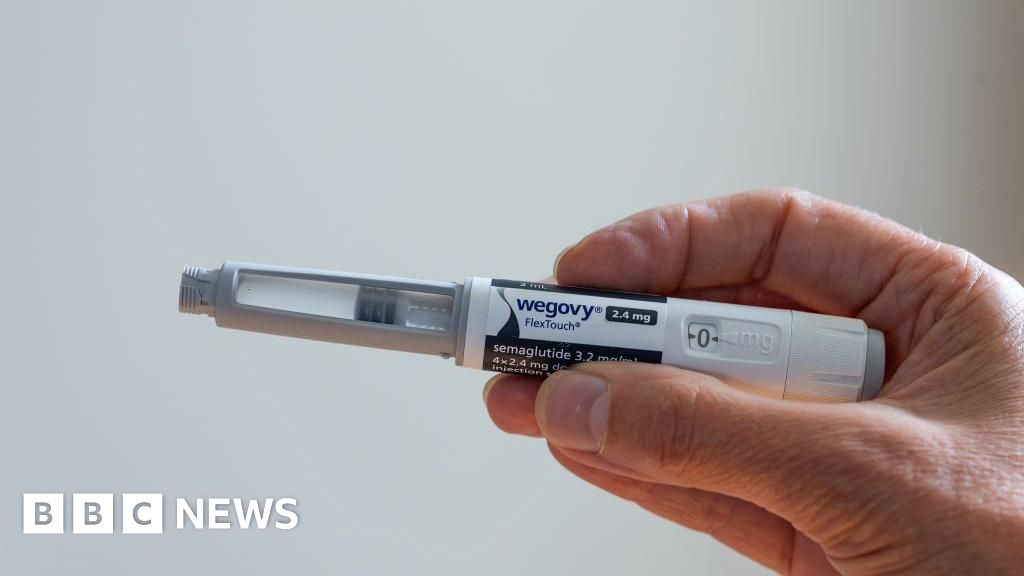ARTICLE AD BOX
 Image source, Getty Images
Image source, Getty Images
By Michael Race
Business reporter, BBC News
Households are switching from buying fresh food to cheaper frozen goods as the cost of living bites into budgets, the boss of Tesco has said.
Ken Murphy, chief executive of the UK's largest supermarket, said some shoppers were also swapping pricier red meat for cheaper white protein to save money.
He added that people were using barcode scanners more when shopping to avoid being "embarrassed" at the tills.
Food prices are rising at their fastest rate for 45 years.
In an interview with the BBC, Mr Murphy said shoppers were "managing their budgets much more tightly" and had changed their behaviour by "trading down" to cheaper food and own brand products.
Other examples he said included seeking out cheaper frozen meat and veg instead of the fresh produce, batch cooking meals and cutting back on eating out.
Tesco said it has sold three times the number of frozen turkeys this year compared to the amount in 2019, due to shoppers cutting back.
There has also been a huge spike in luxury frozen desserts, and searches for frozen food in general on Tesco's website are up 40% from last year.
Ken Murphy has been the boss of Tesco since 2020
Mr Murphy said that the UK was living in "times of turbulence and times of change" and people are worried about the "affordability of life today".
But he said he believed customers were "really determined to enjoy Christmas this year", with 2022 being the first festive period for three years without Covid restrictions.
He said shoppers had been spreading out the cost of Christmas by purchasing goods earlier and had also bought "more modest gifts".
"People will spend less. That is inevitable," he said.
Latest official figures revealed food price inflation hit 16.2% in the year to October, up from 14.5% in September.
Inflation is a measure of the cost of living and to calculate it, the Office for National Statistics (ONS) keeps track of the prices of hundreds of everyday items, known as a "basket of goods".
The ONS said that food prices had risen sharply in October with milk, pasta, margarine, eggs and cereals all going up.
Higher electricity and gas bills have left many households facing hardship heading into the festive season.
Asked when he thought food price inflation would slow down, Mr Murphy said it depended on a "number of factors".
He said the global energy crisis was the main driver behind high food prices, but added the squeeze on goods since the pandemic was having an impact, as well as the pound's weakness against the US dollar.

 2 years ago
35
2 years ago
35








 English (US) ·
English (US) ·